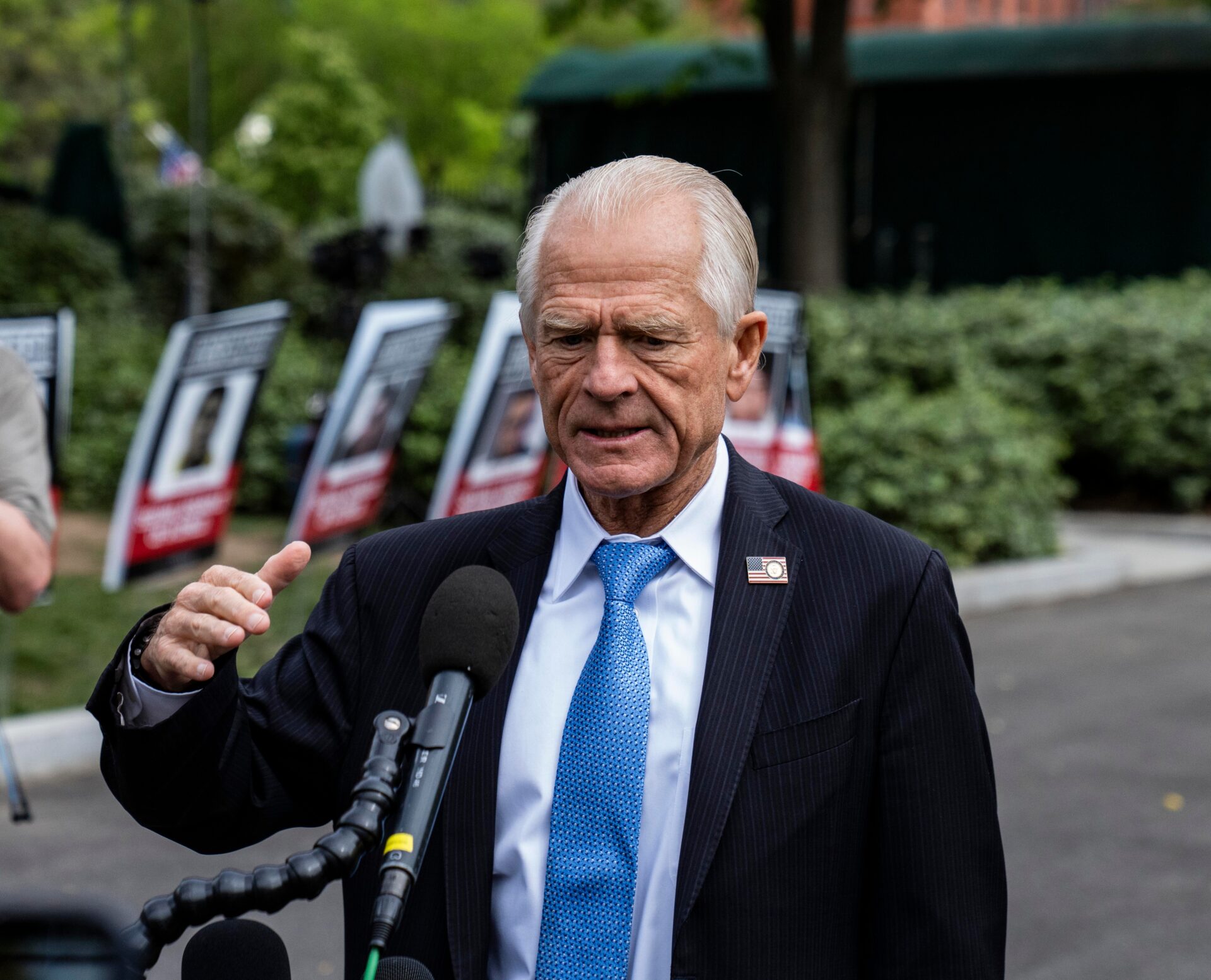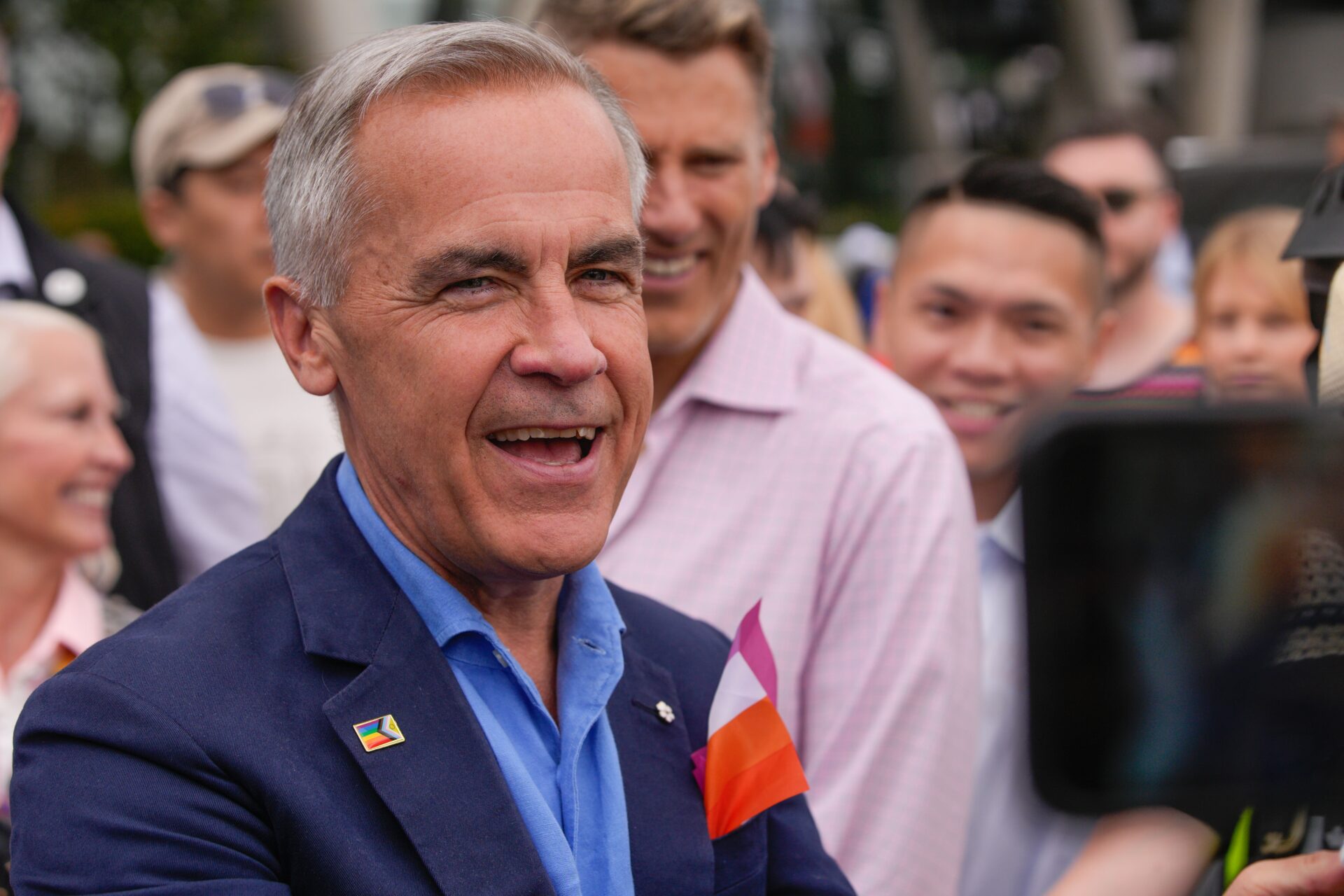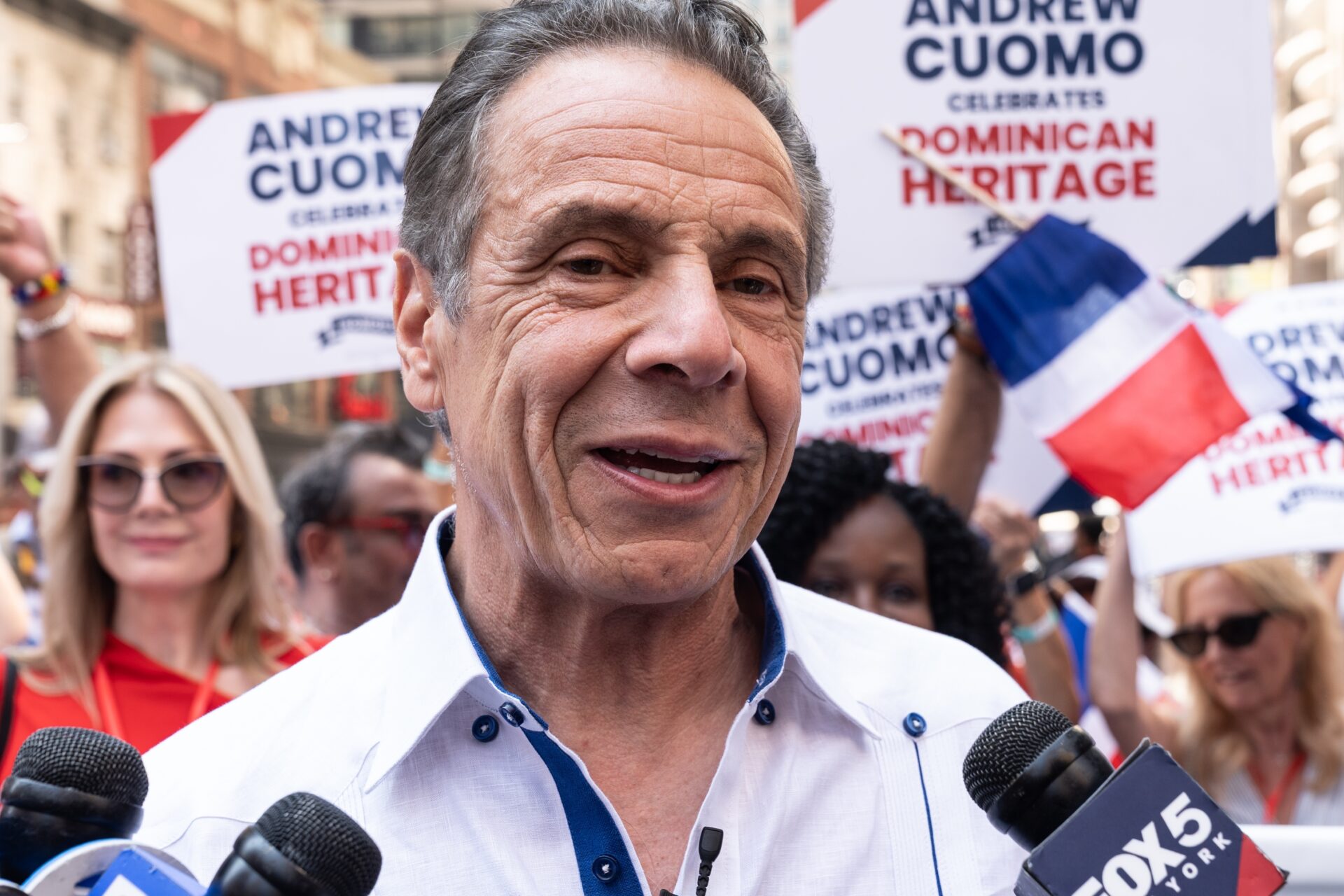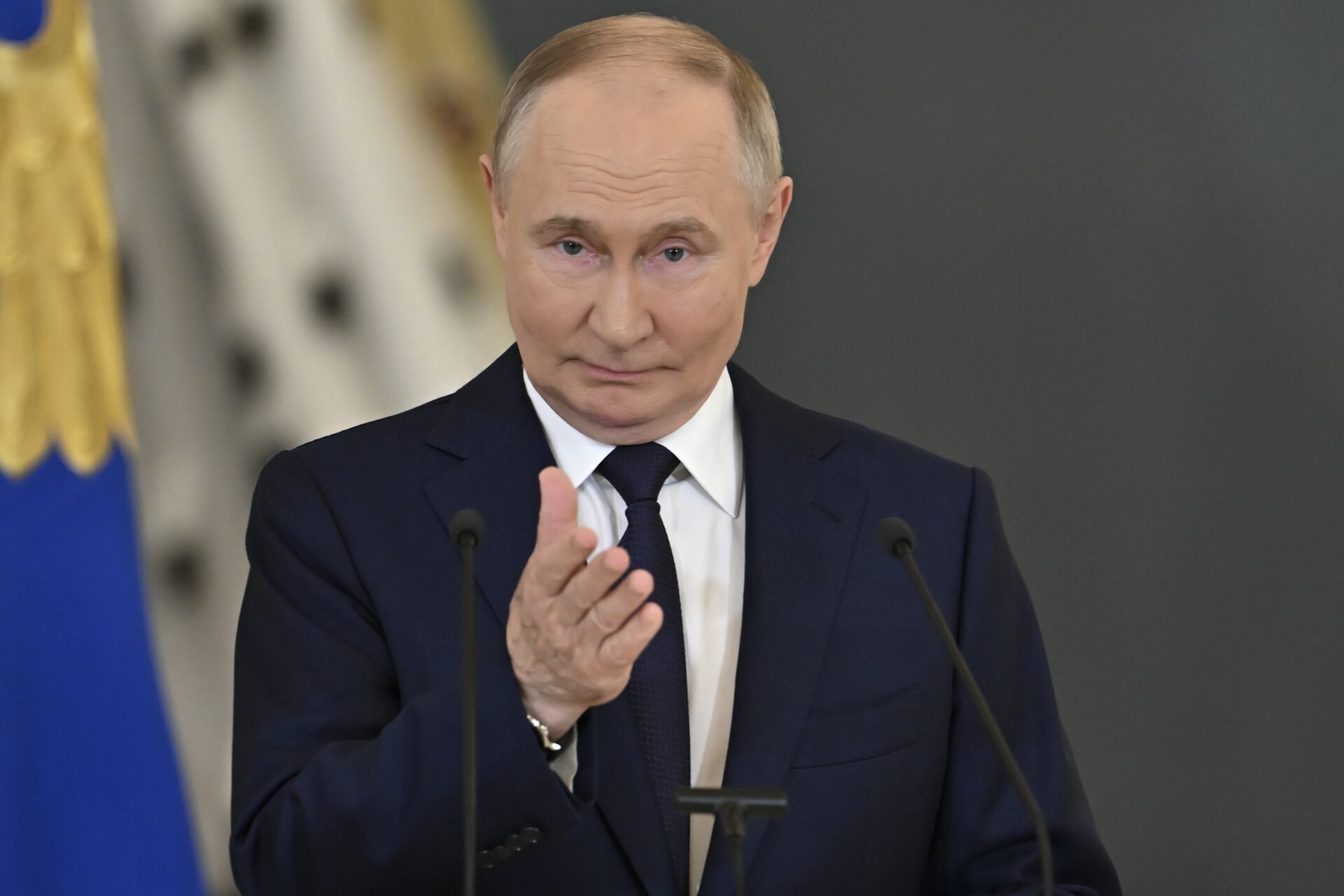
India’s “Ally Betrayal” Sparks TARIFF WAR!
Trump trade adviser Peter Navarro accused India of bankrolling Russia’s war in Ukraine through discounted oil purchases, prompting President Trump to double tariffs on Indian imports and freeze trade talks.
At a Glance
- Navarro linked India’s crude oil imports directly to financing Russia’s military
- Trump raised tariffs on Indian goods from 25% to 50%, effective August 27
- Planned trade negotiations between the U.S. and India were canceled
- India defended its energy policy as essential for economic stability
- Dispute risks pushing India closer to Russia and China in the Indo-Pacific
Navarro’s Rebuke
In a sharply worded Financial Times column, Peter Navarro directly challenged India’s ongoing purchase of Russian crude oil, accusing New Delhi of “cozying up” to both Russia and China while demanding special treatment from Washington. Navarro argued that every barrel purchased undermines Western sanctions by funneling money to Moscow’s war chest.
Watch now: Navarro Blasts India for Buying Russian Oil · YouTube
The criticism marks a striking departure from earlier optimism in U.S.-India relations. Just months ago, Vice President J.D. Vance and Prime Minister Narendra Modi had signaled momentum toward a new trade agreement. Navarro’s public rebuke, coupled with Trump’s swift retaliation, signaled a sudden rupture in the carefully nurtured partnership.
Trump’s Tariff Escalation
President Trump responded within hours of Navarro’s publication, announcing a 25% increase on tariffs targeting Indian exports. The move doubles overall duties to 50%, making it one of the harshest penalties the U.S. has imposed on a close partner. Simultaneously, the White House canceled high-level trade negotiations that had been scheduled in Washington.
The tariffs directly hit Indian manufacturers reliant on American markets, including textile, pharmaceutical, and technology exporters. Trump officials framed the action as proof that trade benefits will not override Washington’s foreign policy priorities. The timing also inflamed tensions, coinciding with Modi’s scheduled meeting with Chinese President Xi Jinping. U.S. officials see the optics as particularly damaging, suggesting India is leaning toward Moscow and Beijing.
India’s Energy Defense
Indian officials responded defiantly, calling the penalties “unreasonable” and reaffirming their right to secure energy from the most affordable sources. New Delhi has significantly increased Russian oil imports since 2022, often using loopholes in the G7’s price cap system to acquire heavily discounted shipments.
The Indian Ministry of External Affairs emphasized that energy security is driven by domestic need, not global geopolitics. Officials also pointed to Europe’s past reliance on Russian energy as evidence of Western double standards. This framing aligns with India’s tradition of strategic autonomy and refusal to join bloc politics, a doctrine dating back to the Cold War era of non-alignment.
Strategic Fallout
The dispute risks serious consequences for the Indo-Pacific balance of power. By alienating India, Washington may weaken its efforts to counter Chinese expansion across the region. India’s willingness to buy Russian crude provides Moscow with crucial foreign revenue, sustaining both its economy and military operations in Ukraine.
For the U.S., the confrontation is a gamble: the tariffs may succeed in pressuring India to reduce oil imports, but they could also push New Delhi closer to Moscow and Beijing. If the latter occurs, America risks losing a pivotal partner in Asia at a time when countering Chinese influence remains a central priority of U.S. foreign policy.
Meanwhile, the tariffs carry economic consequences at home. Indian exporters face shrinking access to the U.S. market, while American consumers may see rising prices for goods ranging from pharmaceuticals to manufactured textiles. The fallout could reshape trade patterns, prompting India to deepen ties with alternative markets less willing to link commerce with foreign policy conditions.
Sources
Financial Times
Reuters
The Hindu
Bloomberg
YouTube


